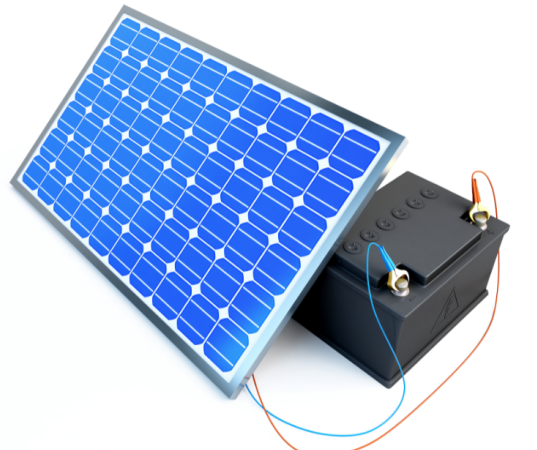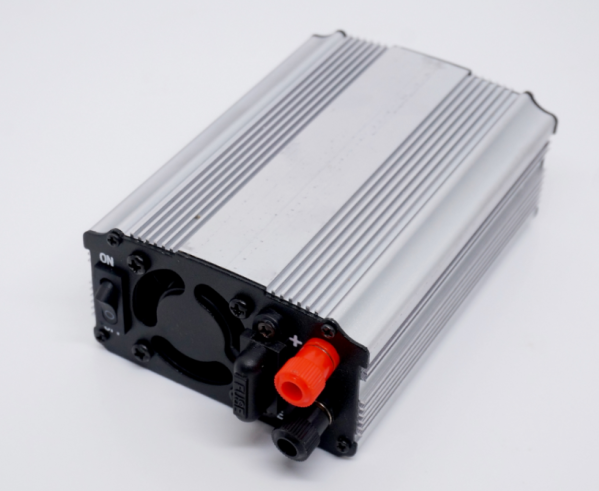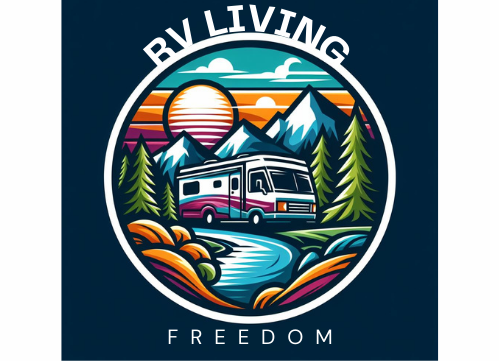I’m going to kick things off by exploring why solar power has become such a hit among RV travelers. It’s not just about reducing the carbon footprint; solar power gets you away from the world of electrical hookups, allowing for more freedom and off-grid adventures. The life style of RV travel is the freedom to explore, and with solar panels, the open road is your only limit.
You’re going to find out about the magic that happens when photons from the sun meet your RV’s solar panels. The panels are the beginning of a process that converts sunlight into electricity, which then powers everything from your lights to your fridge. This energy is clean, renewable, and increasingly cost-effective. It allows to you travel off grid such as going to a national park or parking on a beach for the night. No electrical hookups out in the boonies.

Assessing whether solar power is right for your RV is crucial. You need to consider factors like your energy needs, the size of your roof, and your travel habits. Spoiler alert: for many, the investment pays off in convenience and long-term savings. Cheaper than constantly paying for hookups and cleaner than a generator, solar power in an RV is about as sweet as it gets.
Top 10 Things You Must Know About Solar Power for Your RV
So you’re considering a solar setup for your RV? Great choice! Let’s get into the things you really need to understand to make this work for you. You will also need to know how to avoid the mistakes when installing your solar system to your RV.
#1 START WITH WHY: Before you rush out and buy solar panels, think about why you’re choosing solar power. Is it for the freedom? The eco-friendliness? Your needs will dictate the size and type of system you’ll require.
#2 KNOW YOUR PANELS: There’s monocrystalline, polycrystalline, and thin-film solar panels. Monocrystalline is more efficient but pricier, while polycrystalline is cost-effective but less efficient. Choose something that works with your budget and requirements.
#3 BATTERY CAPACITY IS KEY: Your batteries store the solar power, so you need enough capacity to power your gadgets and appliances. Don’t worry too much about getting the biggest batteries; focus on what will meet your specific energy needs.

#4 CHARGE CONTROLLERS PROTECT: These devices ensure your batteries charge correctly and prevent overcharging. There are PWM and MPPT controllers, with MPPT being more efficient but also more expensive.
#5 INVERTERS RUN THE SHOW: They convert DC power from your batteries to AC power for your appliances. Ensure the inverter’s wattage rating is compatible with the devices you plan to run on your RV.

#6 MOUNTING MATTERS: Decide whether you want fixed or portable panels. Fixed panels are mounted on your RV roof and are always exposed to sunlight, while portable panels can be moved to catch more sun.
#7 SOLAR CARE: Your solar panels require minimal maintenance, just regular cleaning and periodic checks to ensure all connections are secure.
#8 COST BENEFITS: Initially, setting up can be expensive, but over time, solar power can save you a lot on generator fuel and campground hook-up fees.
#9 LEGAL REGULATIONS: Get acquainted with local regulations about where and how you can use your solar-powered RV, especially if you’ll be traveling across different states or regions.
#10 WEATHER WATCH: Solar panels rely on sunlight, so your location and the seasons will significantly impact your system’s efficiency. Plan accordingly, especially if you intend to travel to areas with less predictable weather patterns.
Making the Sustainable Choice: Real-Life Insights and Tips for Solar-Powered RV Living
You’re going to find out that going solar with your RV isn’t just about cutting-edge technology or saving money; it’s also about embracing an eco-friendly lifestyle and enjoying the freedom of the open road with a minimal environmental impact.
I’ve seen amazing success stories of RV adventurers who’ve made the switch to solar and never looked back. These stories not only provide inspiration but also highlight the amazing aspects of living with solar power. They demonstrate overtime how a solar setup can pay for itself and the kind of independence it affords.
In my opinion, one of the best parts about having solar power for your RV is the community you’ll join. There’s a wealth of knowledge to be shared, and fellow solar RVers are usually more than happy to give advice and tips. So, here are a few insights from the voices of experience: prioritize energy efficiency in your appliances, monitor your energy consumption, and always have a plan for those days when the sun just isn’t enough.
For those who are ready to take the plunge, I hope these practical tips will guide you toward a more sustainable and adventurous lifestyle. And remember, your first attempt doesn’t need to be your last. You can always adjust your approach down the road as new technologies emerge and you become more attuned to your energy needs.
This is the start of multiple articles that will give you information on what you need to install and what you need to know about solar power for an RV.
